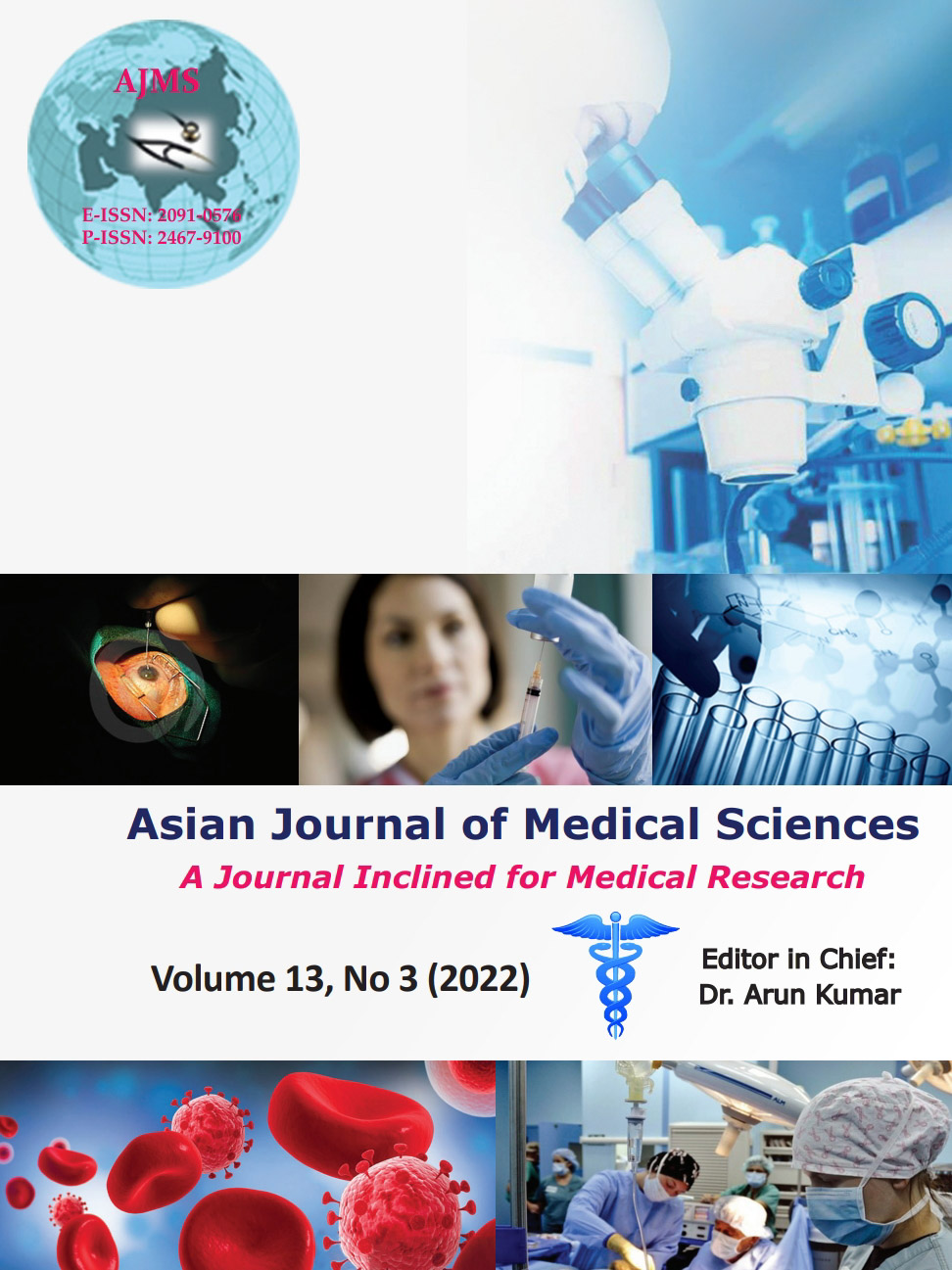Comparative study of hemodynamic responses during laryngoscopy and endotracheal intubation with dexmedetomidine and esmolol
Keywords:
Dexmedetomidine, Esmolol, Hemodynamics, LaryngoscopyAbstract
Background: Many drugs used to reduce the hemodynamic stress response during laryngoscopy and endotracheal intubation. The quest for ideal drugs and their dosage without major side effects is still pursued. Dexmedetomidine, an alpha-2 agonist, is emerging as a promising drug to counteract the catecholamine release.
Aims and Objectives: This study is done to compare the effect of lower doses dexmedetomidine and esmolol in control of hemodynamic response and stability in cases undergoing laryngoscopy and endotracheal intubation during general anesthesia.Setting and Design: This was a prospective, randomized double-blinded comparative study.
Materials and Methods: After approved by the Institute Ethics Committee, consent obtained from 60 patients (n=60) belonging to ASA I or II. Patients were equally divided into twogroups (D and E). Group D patients (n=30) were infused with intravenous dexmedetomidine at 0.75 mcg/kg diluted in 20 ml with normal saline 10 min before induction. Group E patients (n=30) were infused with intravenous esmolol 0.75 mg/kg diluted in 20 ml of normal saline 2 min before intubation. After administration of drugs, SBP, DBP, MAP, HR, and SpO2 were recorded, immediately after induction, after intubation at 1 min, 3 min, 5 min, and 10 min, respectively.
Results: Data wereentered into Microsoft Excel datasheet and wereanalyzed using SPSS 22 version software. In the study, there was a significant decrease in SBP, DBP, MAP, and HR from administration till 10 min after intubation inGroup D compared to Group E. No severe hypotension or bradycardia was seen in any of the patients in either group, took part in our study.
Conclusion: This study concludes low dose of dexmedetomidine (0.75mcg/kg) was superior to low dose of esmolol (0.75 mg/kg) in maintaining of hemodynamic stability in response to laryngoscopy and tracheal intubation without any significant adverse effects even though both drugs were comparable in suppressing pressor response.
Downloads
Downloads
Published
How to Cite
Issue
Section
License
Copyright (c) 2022 Asian Journal of Medical Sciences

This work is licensed under a Creative Commons Attribution-NonCommercial 4.0 International License.
Authors who publish with this journal agree to the following terms:
- The journal holds copyright and publishes the work under a Creative Commons CC-BY-NC license that permits use, distribution and reprduction in any medium, provided the original work is properly cited and is not used for commercial purposes. The journal should be recognised as the original publisher of this work.
- Authors are able to enter into separate, additional contractual arrangements for the non-exclusive distribution of the journal's published version of the work (e.g., post it to an institutional repository or publish it in a book), with an acknowledgement of its initial publication in this journal.
- Authors are permitted and encouraged to post their work online (e.g., in institutional repositories or on their website) prior to and during the submission process, as it can lead to productive exchanges, as well as earlier and greater citation of published work (See The Effect of Open Access).




